The avian influenza subtype H5N6 detected in the wild bird found in Co Tipperary on 31 January, is the highly pathogenic strain that has previously been confirmed in Great Britain and mainland Europe.
The Department of Agriculture has said this is the only case of bird flu detected in Ireland so far.
As previously advised, the health protection surveillance centre has confirmed that the risk to humans is considered to be very low.
The Food Safety Authority of Ireland (FSAI) confirms that poultry meat is safe to eat, provided that it is handled hygienically while raw, and cooked thoroughly prior to consumption.
The department continues to closely monitor the disease situation and are in consultation with the poultry industry on possible future risk mitigating measures.
It maintains close contact with its counterparts in Northern Ireland on the matter.
Bio-security
The department has warned that it is vital for flock owners to apply strict bio-security measures to prevent the introduction of avian influenza.
In particular, flock owners should feed and water birds inside or under cover where wild birds cannot access the feed or water.
Keep poultry separate from wild birds by putting suitable fencing around the outdoor areas they access.
Flock owners should remain vigilant for any signs of disease in their flocks, and report any disease suspicion to their nearest Department Veterinary Office.
Anyone who keeps poultry, even small numbers of poultry for their own use, or who deals or trades in poultry, must register their premises with the department, under the control on places where poultry are kept Regulations 2014 (S.I. 114 of 2014).
Anyone who owns other birds such as racing pigeons, aviary birds or other captive birds is also encouraged to register with the department. Online registration is now possible. Full details can be found on the Department’s website.
What to do if you find a sick or dead bird
The public is advised not to handle sick or dead birds, but to notify the nearest Department Veterinary Office or ring the Avian Influenza Hotline: 076 106 4403 (outside of office hours: 1850 200 456).
Department staff will continue to collect sufficient birds for testing to help understand how the disease is distributed geographically, in different species and over time.
White-tailed eagle found with bird flu 'had not left Ireland'
Calls to house free-range poultry in face of bird flu threat



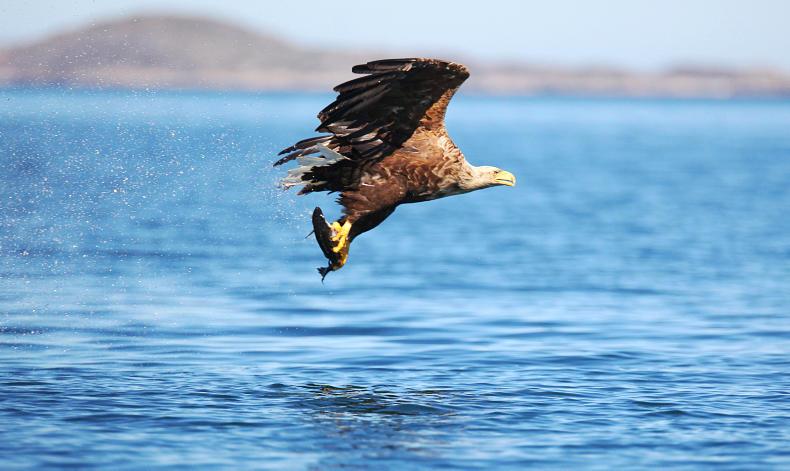

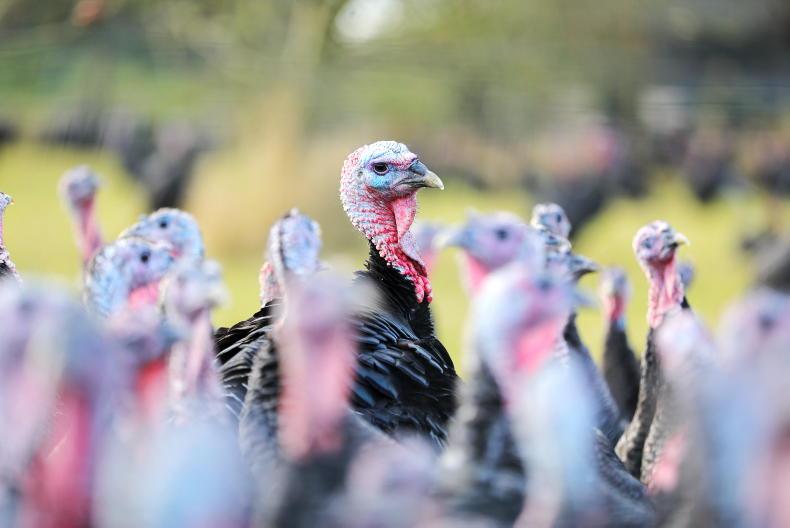

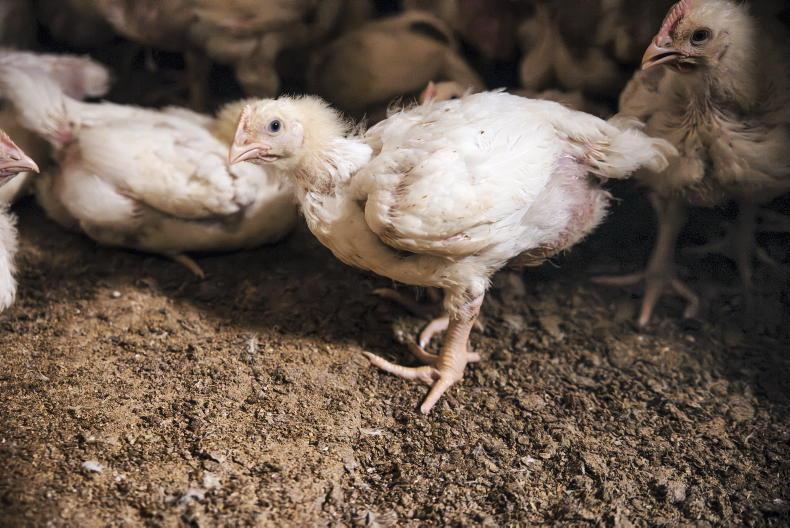
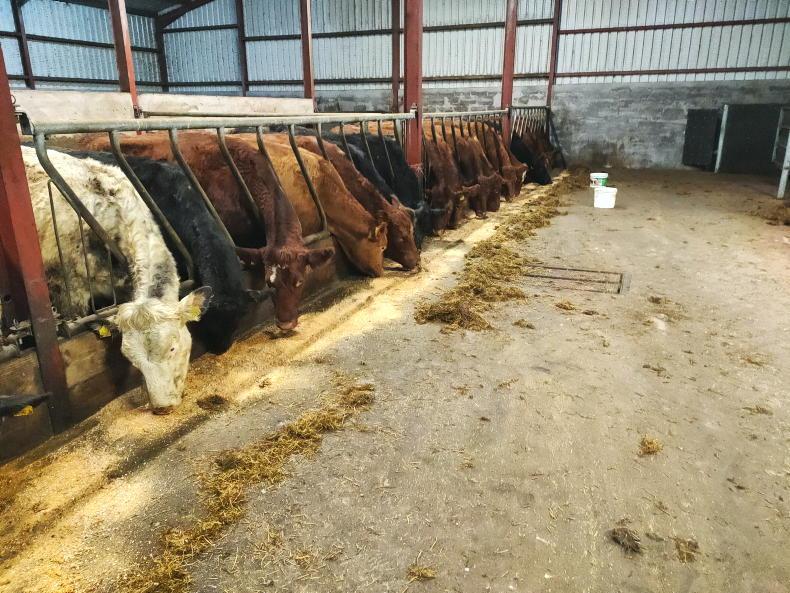
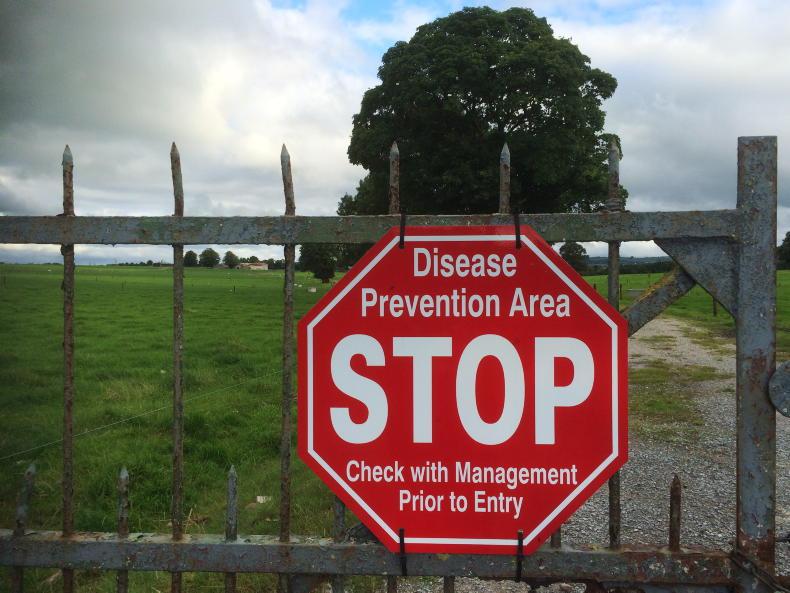
SHARING OPTIONS